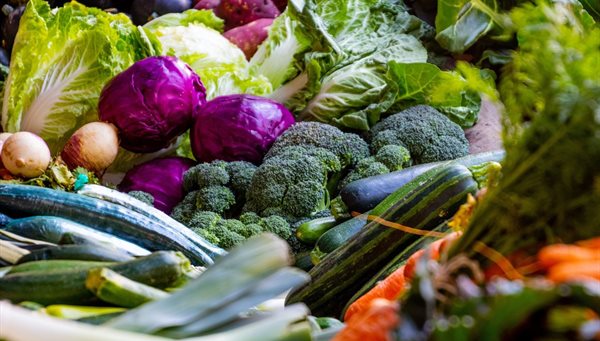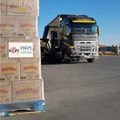This figure was exacerbated compared to previous periods by the Covid-19 pandemic as South Africa experienced one of the strictest lockdowns in the world between March and July 2020. This resulted in the biggest economic decline in nearly a century and saw 2.2 million people lose their jobs.
The loss of jobs ultimately affected the consumers’ food choices and access to food. We also cannot ignore the effects of the recent civil unrest on food security in the country. The riots damaged crops and food infrastructure, caused disruption to agricultural trade and movement of goods which left many citizens starving or with little or no access to food.
Access to safe, healthy food
The biggest problem facing food security today is the increasing number of people who are food insecure. In an effort to survive, South Africans are buying what they can afford. These food monotony barriers are threatening the resilience of our food system and intensifying the limited food we can eat as we rely on a nano-range of foods that come from twelve plants and five animal sources.
Whilst these food sources fill tummies, they don’t provide enough healthy and nutritious food choices. To ensure that South Africa has access to safe and healthy food, we need to adopt a solution-driven approach.
South Africa is facing an unprecedented challenge and brands such as Knorr have a number of initiatives geared at addressing food security by championing dietary diversity, encouraging plant-based meals and promoting sustainable farming.
Through these initiatives, they are working to grow the local sustainable agriculture supply chain and reinvent food for humanity. Eating to improve our food system is not hard, we need to steadily adapt our eating habits and food choices to help South Africa move towards a better food future.
Servaas van der Berg and Leila Patel 23 Jul 2021
Championing dietary diversity
Food diversity provides nutrient adequacy and is known to be a great source for a healthy food diet. Adding food such as fruits, vegetables, legumes, nuts, grains and protein to meals is recommended to ensure dietary diversity.
Earlier this year, Knorr released findings from its 2021 study on ‘Understanding the eating habits of the SA population’ compiled by market measurement firm, NielsenIQ. The study included recommendations on how South Africans can aim to have a well-rounded meal that is composed of vegetables (33%), starch (32%), dairy (15%), meat (12%) as well as fats and oils (8%).
Adopting plant-based meals
Food experts recommend adding more fruits and vegetables, grains, beans, legumes, nuts and seeds to increase the nutritional value and decrease the environmental impact of our meals.
When adapting to plant-based meals, one needs to do it at a comfortable pace and introduce more plants by incorporating plant-based vegetables to your starch and then gradually add starchy vegetables to your everyday meals. This can be followed by replacing meat with nutrient-dense and environmentally friendly plant-based alternatives or Future 50 Foods.
Sustainable ways to grow food needed
South Africans are aspiring to be more food sustainable and are engaging in sustainable gardening. However, growing their own food at home can seem daunting.
Ideally, this would be the A-list sustainable lifestyle we want to live, but many citizens are tied down with daily obligations. Buying food from local supermarkets is a great way to reduce environmental impact while supporting economic growth.



































